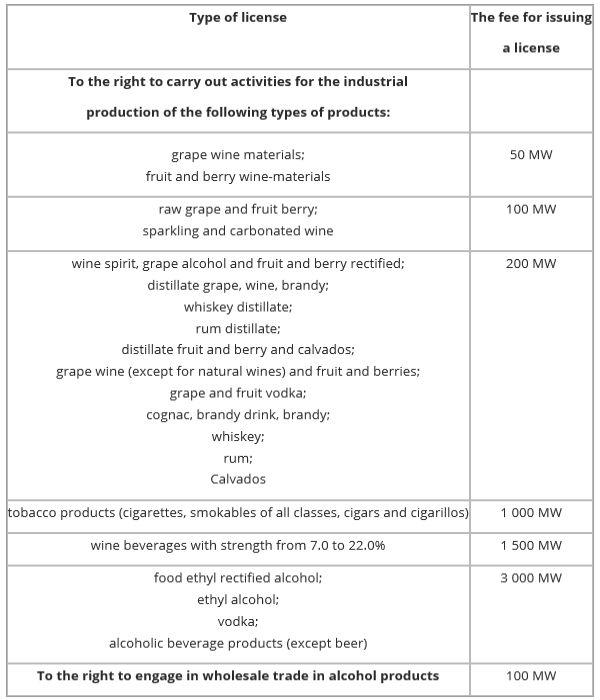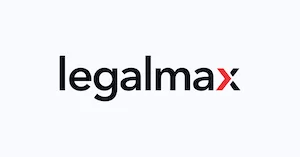Decree of the President of the Republic of Uzbekistan under No. UP-5656 established a new procedure for the production and circulation of alcohol and tobacco products.
The main purpose of the document implementation is to improve the system for the sale of alcohol and tobacco products, the introduction of new mechanisms to control production and turnover of products.
Also, aspects related to the functioning of the authorized body regulating the industry have changed:
The liquidation procedure of the Uzsharobsanoat Joint-Stock Company (authorized regulatory body) was initiated.
The Agency for the Development of Viticulture and Winemaking under the Ministry of Agriculture of the Republic of Uzbekistan and the Inspection for the Regulation of the Alcohol and Tobacco Market under the Ministry of Finance are being established.
Aims of the Agency:
1) implementation of a unified state policy in the field of viticulture and winemaking, as well as the development and implementation of comprehensive targeted programs aimed at ensuring their dynamic development;
2) to assist in the expansion of grape plantations, mainly technical varieties and the development of winemaking in the introduction of modern resource-saving technologies and the comprehensive modernization of wine-making enterprises;
3) support for winegrowers and winemakers in attracting direct investments to organize the production of competitive products, increase export potential by conducting in-depth marketing research of external market conditions, as well as popularizing domestic wine-making products, including abroad;
4) assistance in the training of highly qualified specialists in the field of viticulture and winemaking through cooperation with foreign and domestic educational institutions, research institutes and leading manufacturers of industries;
5) regulation of the activities of producers of grape planting materials, interaction with the Inspectorate in terms of determining the quality of alcoholic beverages from grapes, fruits and berries;
6) maintaining an electronic register of grape plantations together with the State Committee on Land Resources, Geodesy, Cartography and State Cadaster.
Aims of Inspection:
1) licensing of the production of food and technical ethyl alcohol, alcohol and tobacco products, as well as wholesale trade in alcoholic beverages;
2) the introduction and development of information systems for monitoring and controlling the production and turnover of food and technical ethyl alcohol, alcohol and tobacco products;
3) the distribution of food ethyl alcohol between enterprises for the production of alcoholic and other products in the prescribed manner;
4) inspection of compliance with technical and technological standards in the production of food and technical ethyl alcohol, alcohol and tobacco products in strict accordance with the requirements of state standards and legislation;
5) control over the quality of storage and circulation of food and technical ethyl alcohol, alcohol and tobacco products, including the quality of raw materials and auxiliary materials used in their production;
6) monitoring compliance with licensing requirements by manufacturers of food and technical ethyl alcohol, alcohol and tobacco products, as well as wholesale enterprises selling alcoholic beverages;
7) monitoring of the actual production and turnover of food and technical ethyl alcohol, alcohol and tobacco products, as well as participation in the development of new samples of excise stamps for them;
8) interaction with tax authorities to ensure timely and complete receipt of taxes and other mandatory payments to producers of food and technical ethyl alcohol, alcohol and tobacco products, as well as wholesale enterprises for alcoholic beverages;
9) interaction with the Agency in terms of determining the quality of alcoholic beverages from grapes, fruits and berries.
The decree establishes the following order, according to which:
1) producers of alcohol products sell products only to wholesale organizations, with the exception of brewing products, sparkling and natural wines;
2) all legal entities are entitled to engage in wholesale trade in alcohol products in accordance with the procedure established by law;
3) the sale of brewing products, sparkling and natural wine of domestic production can be carried out by all trade enterprises, organizations providing hotel services, as well as catering services without a permit certificate for the right to sell alcoholic beverages;
4) the laboratories for determining the quality of ethyl alcohol during the Inspection are located at the enterprises - producers of food ethyl alcohol, which provide the necessary technical conditions for their proper operation;
5) the sale of food ethyl alcohol by manufacturers is carried out on the conditions of 100 percent prepayment;
6) manufacturers of alcoholic products have the right to implement it without prior payment;
7) the purchase of food ethyl alcohol in excess of the volumes distributed by the Inspectorate, is carried out by manufacturers of alcoholic products by notifying the Inspectorate in the prescribed manner;
8) the planning of the production of alcohol and tobacco products is carried out by manufacturers, taking into account market conditions.
The inspection is determined as the licensing authority in the field of production and turnover of alcohol products.
A draft law has been drafted on the procedure for the licensing of activities for the production of food and technical ethyl alcohol, alcohol and tobacco products, the wholesale trade of alcohol products, as well as measures and sanctions applied for violation of licensing requirements.
The project proposes are to establish the following types of licenses and fees for their registration:

МW – the minimum wage, which at the moment of presentation of this material is 202 730 soum or 24 USD.
Terms of adoption of the decision on issuing of a license:
30 days – for production
10 days – wholesale trade, from the date of receipt of the relevant package of documents.
The inspectorate has the right to check the conditions of production on-site.
The content of this article is intended to provide a general guide to the subject matter. Specialist advice should be sought about your specific circumstances.

